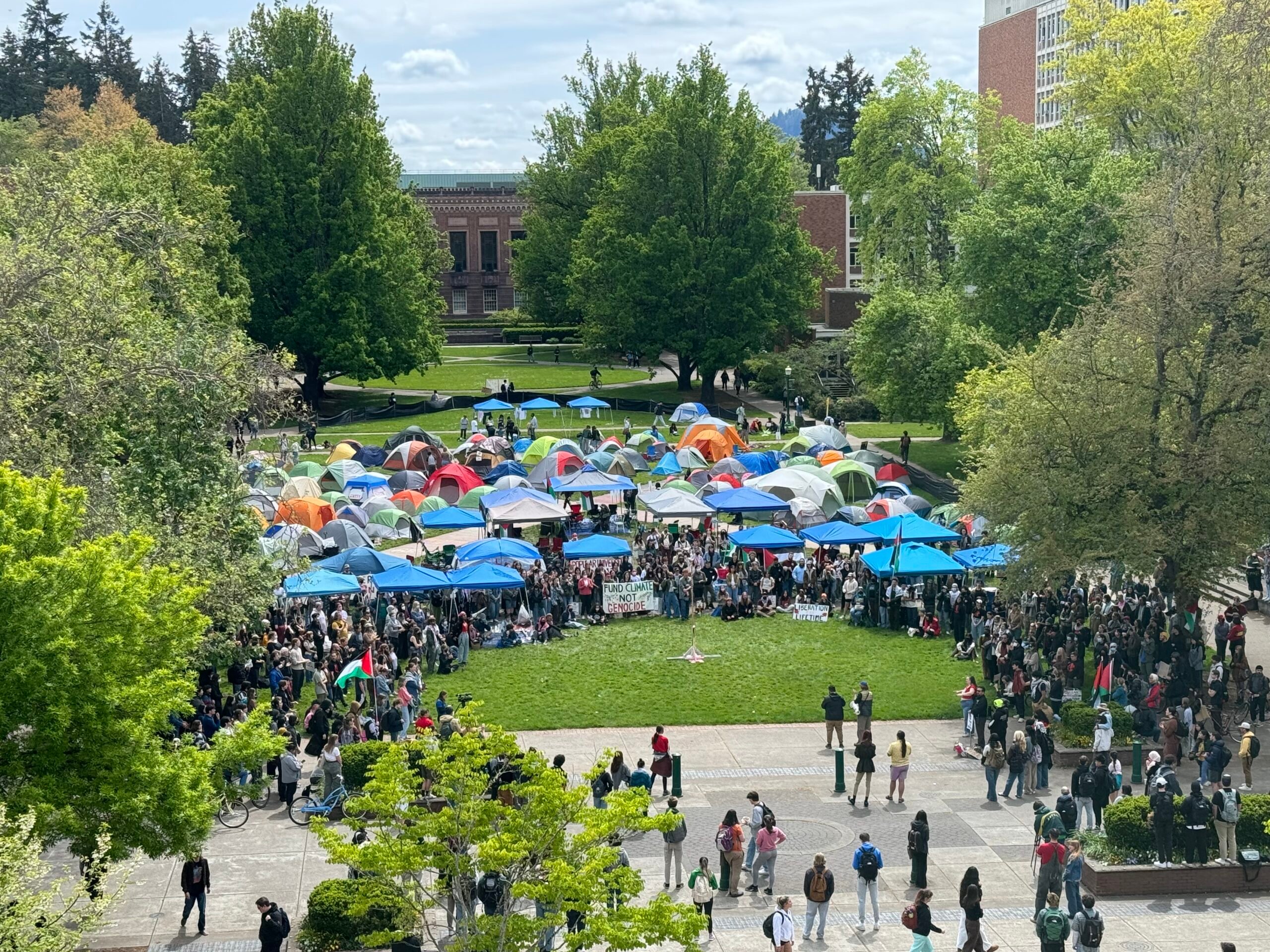
Buying a new home shouldn’t be so challenging. However, because there are so few homes for sale, today’s buyers often are bidding against each other, pushing prices higher than the original asking price. In many cases, buyers are paying top dollar for much older homes, often with various issues that create frustrating and costly repairs down the road.
Ask any realtor about the current situation and you’ll hear there simply is no inventory.
What happened to the inventory? What changed so much in the last few years that has made the process so much more challenging today?
Is it covid? Are people still leaving the city to move to the suburbs? Are people no longer downsizing? Are people not moving to Florida or Israel? Is there a population of homebuyers that just sprang out of nowhere suddenly searching for homes? Are too many investors buying up too many homes?
It’s likely a bit of all these things. Perhaps some of these factors will start to return to some normalcy such that the strain in the process will reduce, but the competition to buy from the limited inventory is likely to continue and here is why.
There will never be enough inventory without new construction. However, you say, regarding Teaneck, there has been construction in Teaneck recently. Why isn’t there more inventory? Let’s examine that.
In the last few years in Teaneck, four large developments have been completed. One500 Teaneck Road (224 units), Teaneck Square (128 units), Avalon Teaneck (245 units), River Commons (19 units) for a total of 716 new rental units.
The problem is, not one of these units are for sale, they are all rentals.
Why is that?
Since 2010, professional investors have been aggressively purchasing single family homes. Hedge funds were formed specifically to buy single family homes to benefit from the current income and long-term appreciation. These investors understand the importance of the appreciation of the real estate. This recent article in the Seattle times describes this well.
So, if the developers won’t build for sale projects, what are the masses of new buyers to do? They could continue to compete with their friends for the few overpriced listings that free up.
They can lament the lack of affordable housing and continue to pay high priced rentals. They can move to a less expensive community, although the same challenges are appearing everywhere.
Or they could take action.
In The NY Times real estate section on November 21, the very first line starts “In the real estate industry, brokers and lenders have long controlled access to almost every part of the buying and selling process.“ I believe in the current market, the seller or developer also control the process. The buyer, however, has very little control. The one power the buyer has is to increase the price, in many cases much higher than the list price. It appears to me, considering the buyers are the ones paying the money, they should have more control over the process. However, with so little inventory, the buyer is left powerless.
I believe there is a way to change that.
What if homebuyers joined to participate either with the builder or in place of the builder? What if instead of having investors in the project, buyers were the investors and received a home as return for their investment?
Imagine fifty people joining and approaching a builder with an offer to buy the first fifty units of the project. Professional investors often use this strategy to help the builder reduce risk. What discounts and benefits would the buyers have? Perhaps they could help influence the type of units built including the quality of construction. Perhaps they could negotiate a better purchase price, reduced realtor fees, better lender pricing, discounted attorney, inspector, and appraisal fees.
Alternatively, what if these fifty people united and hired a team to develop the property? They could engage a planning firm and attorney to get the plans approved and a fee-based builder to develop the property. Now who is controlling the process?
What if fifty people living in the Teaneck apartments got together, bought one of the properties mentioned above and built condo units instead of rentals? These people would now be owners rather than renters, building equity for the future. The appreciation of the units would be earned by the buyers, rather than the builder.
So, I can’t help wondering, what if people did that now? Why can’t we create inventory? Furthermore, perhaps the projects don’t need to be in the heart of town. If you have a group purchasing, as long as it is a short bus ride to a school, the property could be in a more open and less congested and less expensive area. Perhaps a project in a nearby town where the cost of land, taxes and development costs would be less. Imagine a new affordable home, with a manageable mortgage, low taxes, in a new community with exciting amenities and a friendly environment for your children.
I’m not suggesting this will be easy. However, wouldn’t it be worth exploring the possibility to be part of a new community? Now is the time to explore change in the Real Estate process. It starts with you sending me an email to learn more. No cost, no commitment but a first step to create a likeminded group of new homebuyers. I will forward a survey to create a database of people with some level of interest. The survey will help identify that interest and enable us to focus on a possible project that fits your needs. We will schedule a series of meetings both live and virtual to discuss how to proceed.
Ronald Reagan said, “By working together, pooling our resources and building on our strengths, we can accomplish great things.” Email me at [email protected] and please share this with your friends who may be considering a move. I believe we can succeed if we work together.
David Siegel











